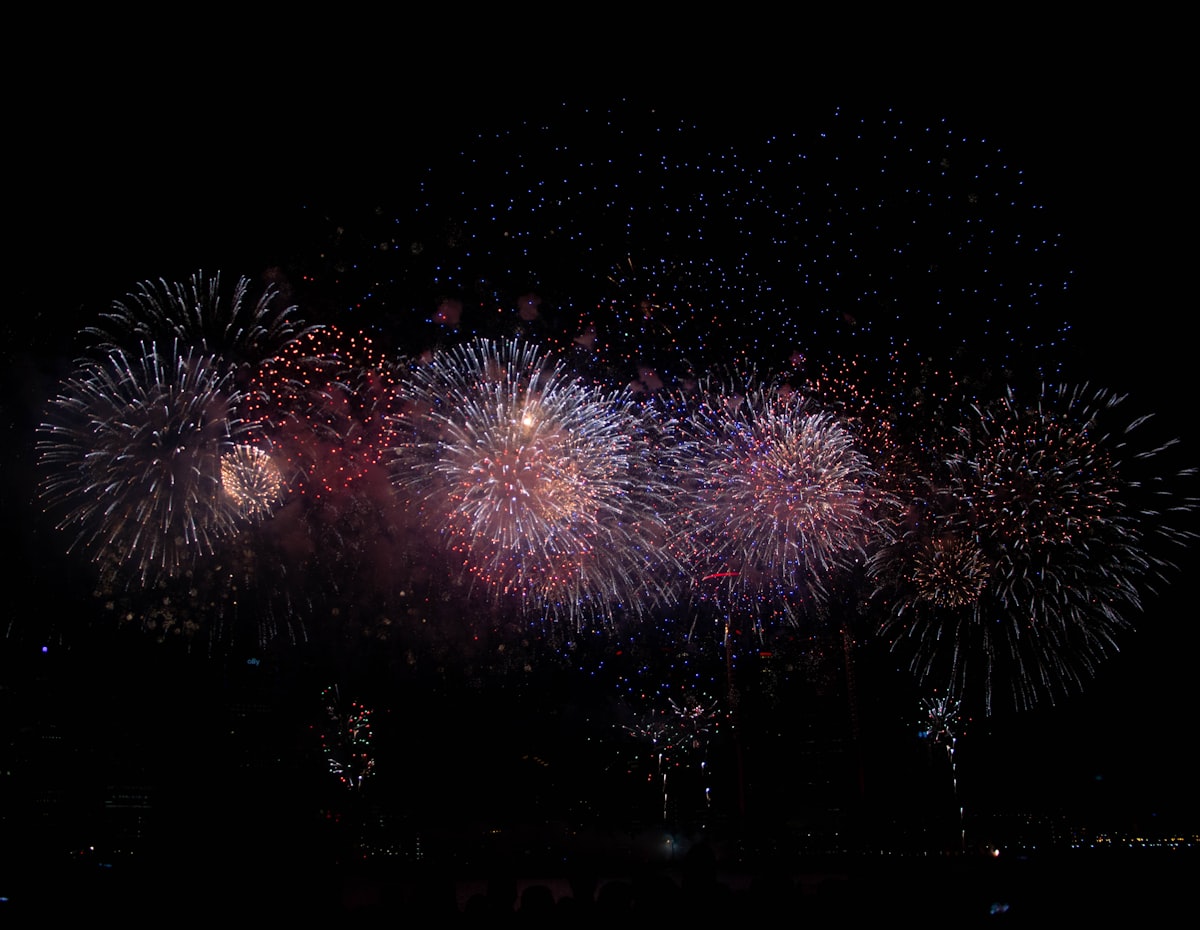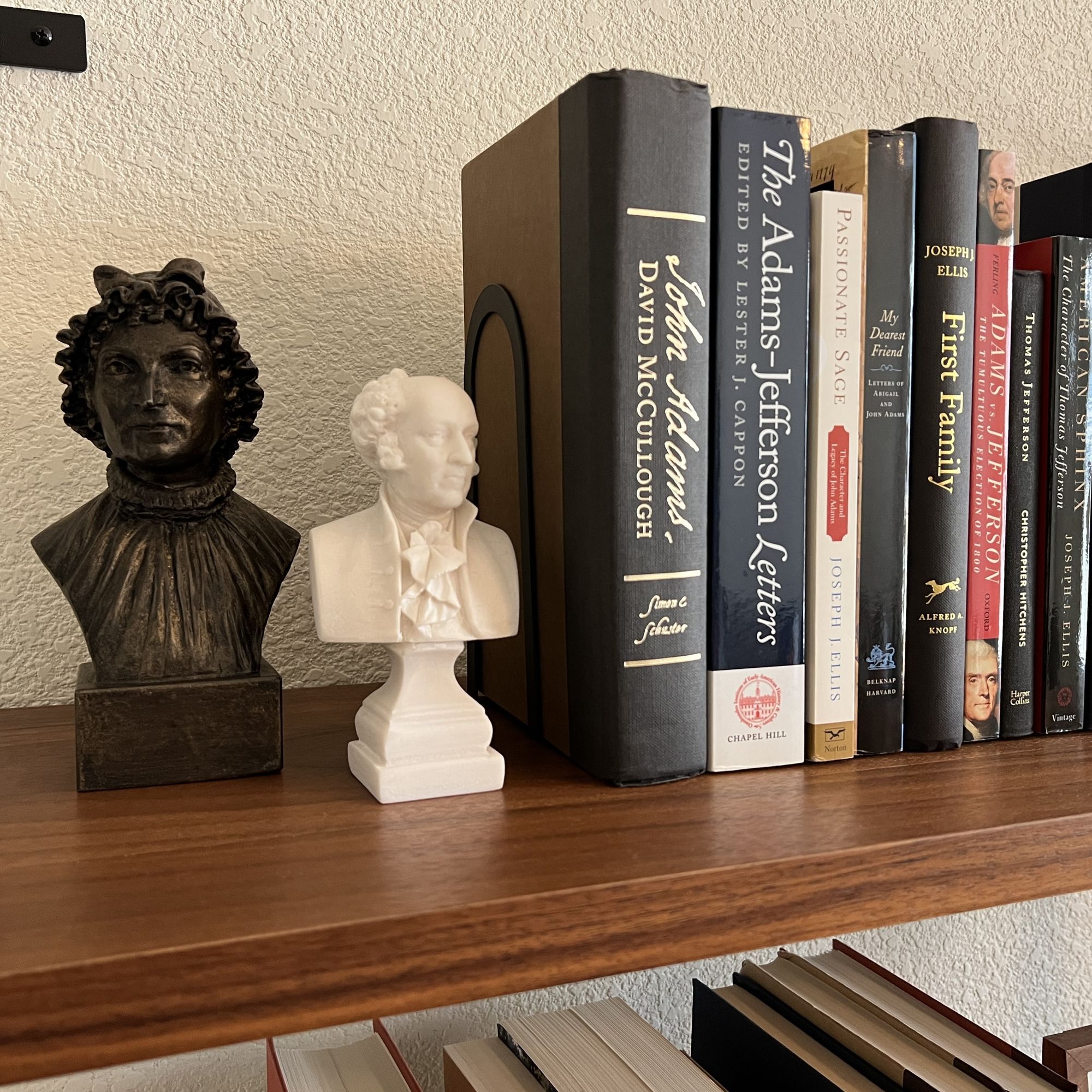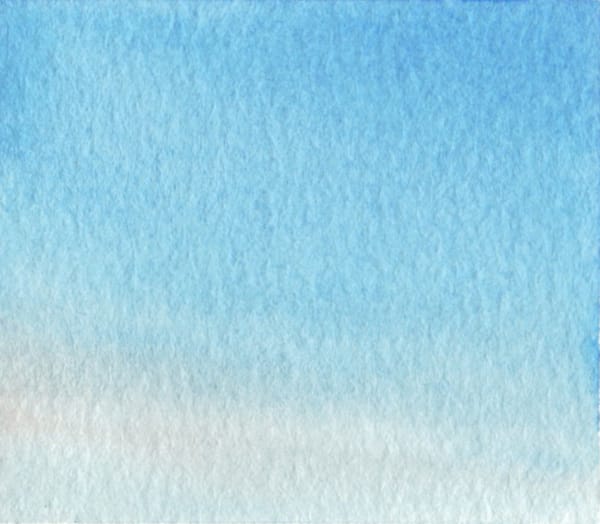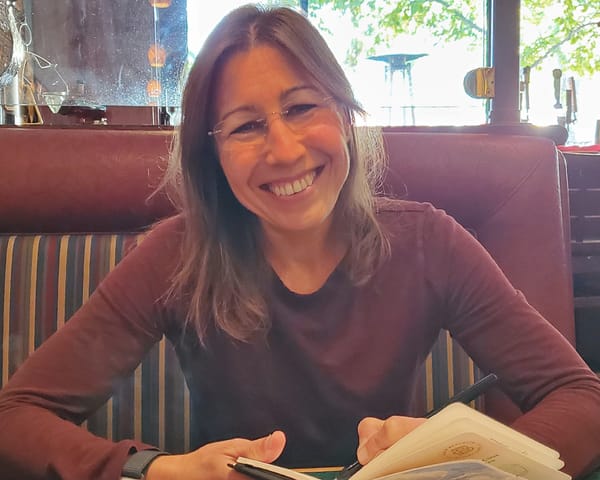Happy Second!
Today, I share more about another of my passions in honor of the upcoming holiday.

Dear Reader, I don’t usually share my passion for American history here on Life Noticed, but hope you will permit today’s temporary departure in honor of the upcoming holiday. Happy Second (and Fourth) of July!
“The Second Day of July 1776, will be the most memorable epic in the History of America. I am apt to believe that it will be celebrated by succeeding Generations as the great anniversary Festival.” –John Adams
It was in a letter to his wife, Abigail, in which John Adams penned these sentiments, but why did Adams refer to the Second of July, and not the Fourth? Because it was on July 2, 1776 that the Second Continental Congress, meeting in Philadelphia, voted to approve a resolution for independence from Britain. We celebrate the fourth, however, because the Declaration of Independence wasn’t adopted by the Continental Congress until July 4th.
John Adams continues in his letter:
“You will think me transported with enthusiasm, but I am not. I am well aware of the toil and blood and treasure that it will cost us to maintain this Declaration and support and defend these States. Yet through all the gloom I can see the rays of ravishing light and glory. I can see that the end is more than worth all the means - and that posterity will triumph in that Days’ Transaction, even though we might rue it, which I trust in God We shall not.”
The decision to declare independence was no small event. America’s independence from Great Britain was a decisive turning point in world history, and upon signing the Declaration of Independence, America’s Founding Fathers were aware they were committing a crime of treason against the King of England. If arrested, they would be hanged as traitors. A favorite quote of mine from this time was said by Benjamin Franklin,
“We must all hang together, or assuredly – we shall all hang separately.”
So, let’s step away from the world as we know it for a moment and try to imagine the zeitgeist of 1776. We were living in a two-mile-per-hour world. The furthest west we reached at this point was Georgia, and everything west of that boundary was either Native American or Spanish territory. It wouldn’t be for another thirty years that Meriwether Lewis and William Clark would set out to explore newly-acquired land from Jefferson’s Louisiana Purchase to the Pacific ocean.
The world was harsh, difficult to navigate, and incredibly fragile. America was a continent being ruled by an island and the rights of the colonials were slowly being eroded. However, despite this, most of the colonies did not want to declare independence – at least not in the beginning. What I find most interesting about this period of American history are the figures at the center of it. I can’t imagine how incredibly vulnerable and terrified our founders must have been leaping into a dark abyss of uncertainty, severing ties with King and Country, without any guarantee of what the end would hold, but then I am reminded of just how bleak things had become in order for this to be our only real hope.
Imagine believing in an idea so strongly you would be willing to sacrifice everything for it – including your own life – just to have the chance at creating a better world for future generations, even if you yourself would never see these ideas come to fruition. My goal for today’s article is not to give you a full account of our nation’s founding, or of any one founding father, or America’s declaration of independence, but to instead remind and rekindle within you what our Independence means and what it cost. “Freedom” wasn’t as self-centered as doing whatever one wanted, yet more and more of us seem to interpret freedom as being as myopic as just this.
Our Declaration contains one of the most famous and I feel, most beautifully-written and most powerful sentences in recorded history, and it was written by a man aged just 33, in a boarding house, by candlelight, in that two-mile-per-hour world. Thomas Jefferson was able to put into words the very essence of a fundamental truth we have seemed to lose sight of:
“We hold these truths to be self-evident, that all men are created equal, that they are endowed by their Creator with certain unalienable rights, that among these are life, liberty and the pursuit of happiness.”
When you celebrate the fourth – or the second (or both), take a moment to remember the responsibility we inherit with any freedoms, and why we are able to celebrate at all.
Afterthoughts: During my early 30s, I went through a ~5-year obsession with the American Revolution, gobbling down as many books and podcasts about this time period as possible. Though I no longer read as extensively about this period as I used to, it is a topic still near to my heart. John and Abigail Adams were (and are) my favorite.





